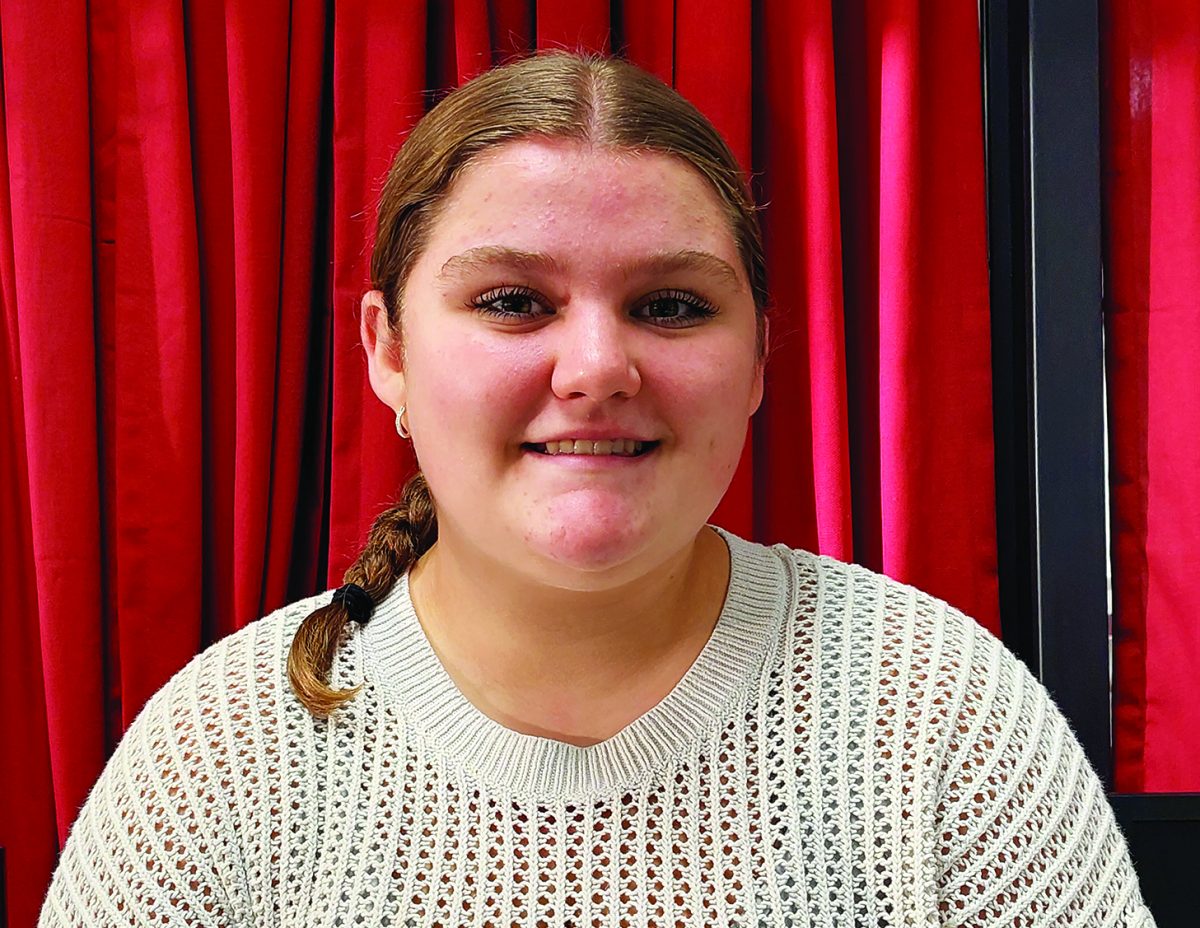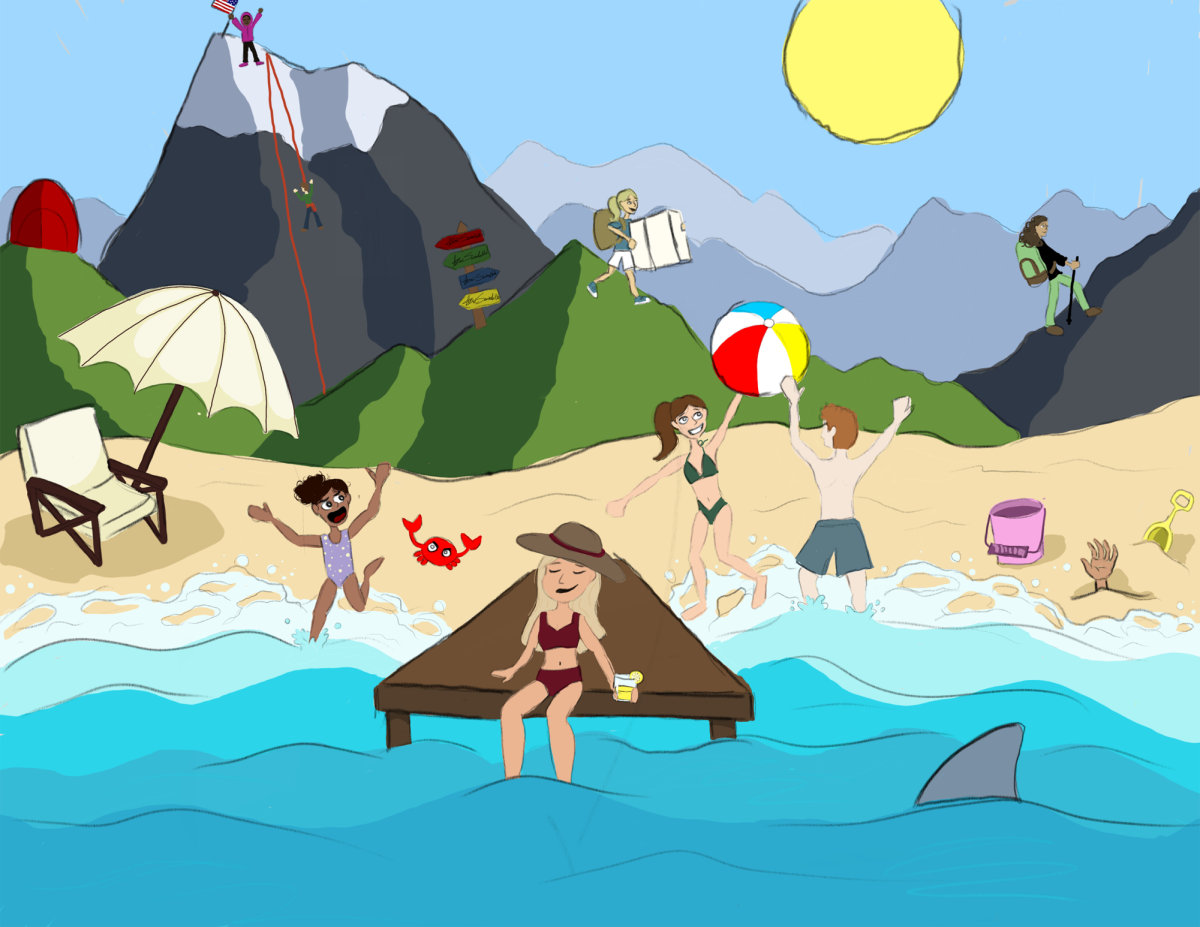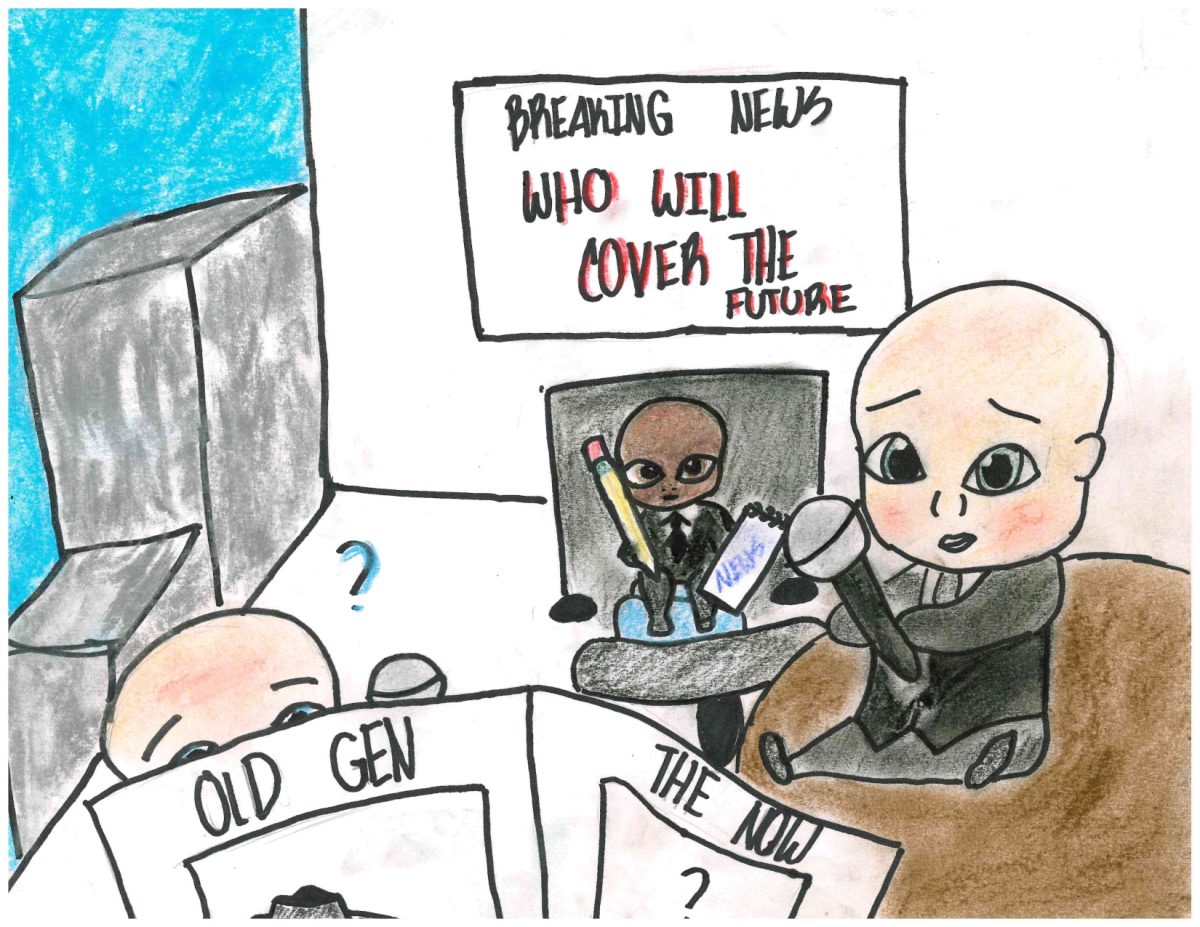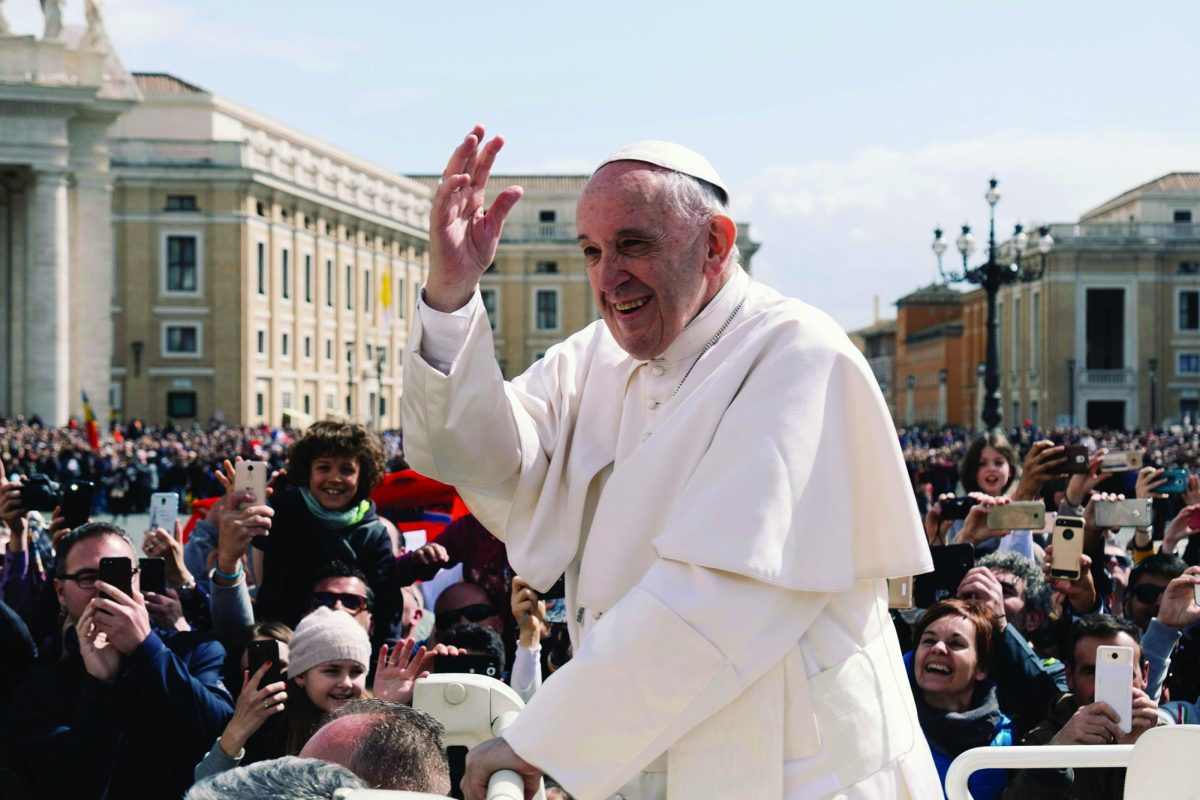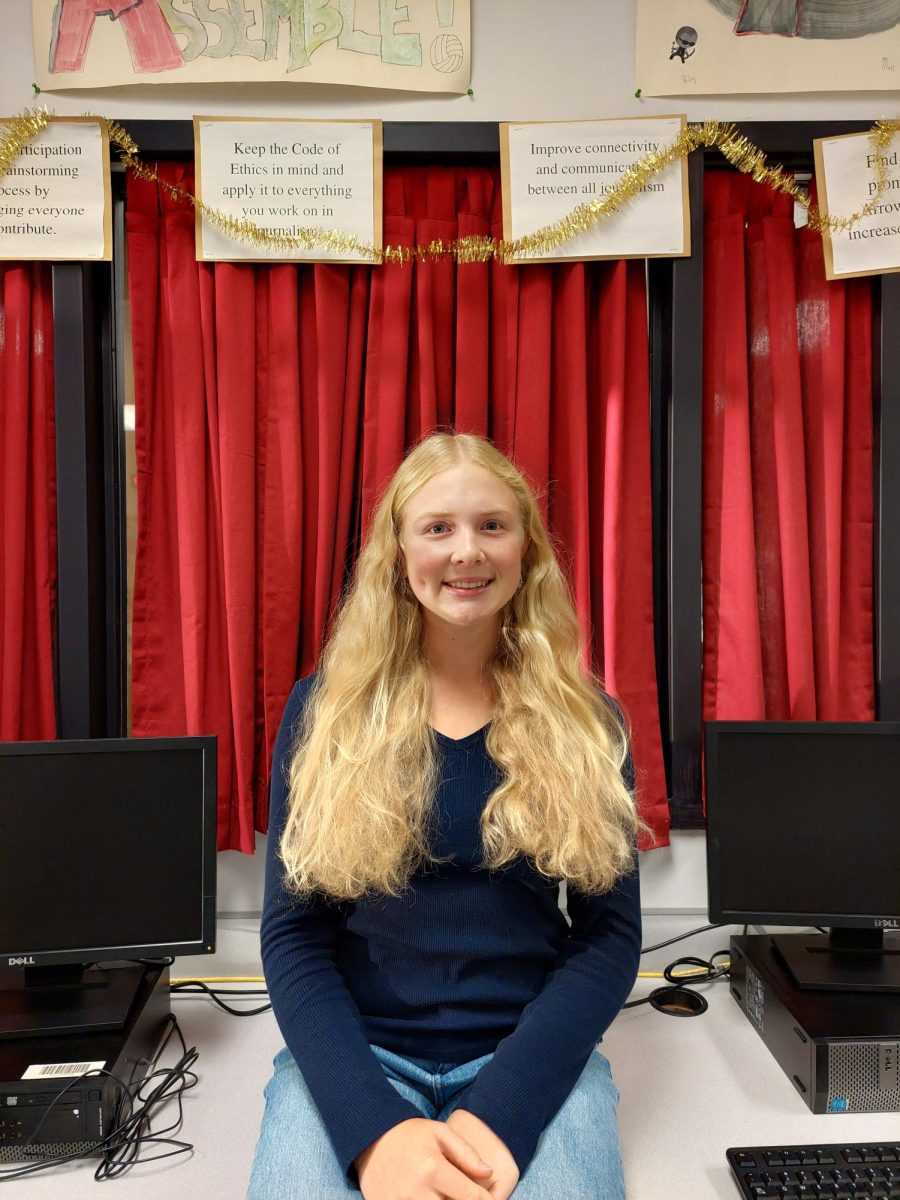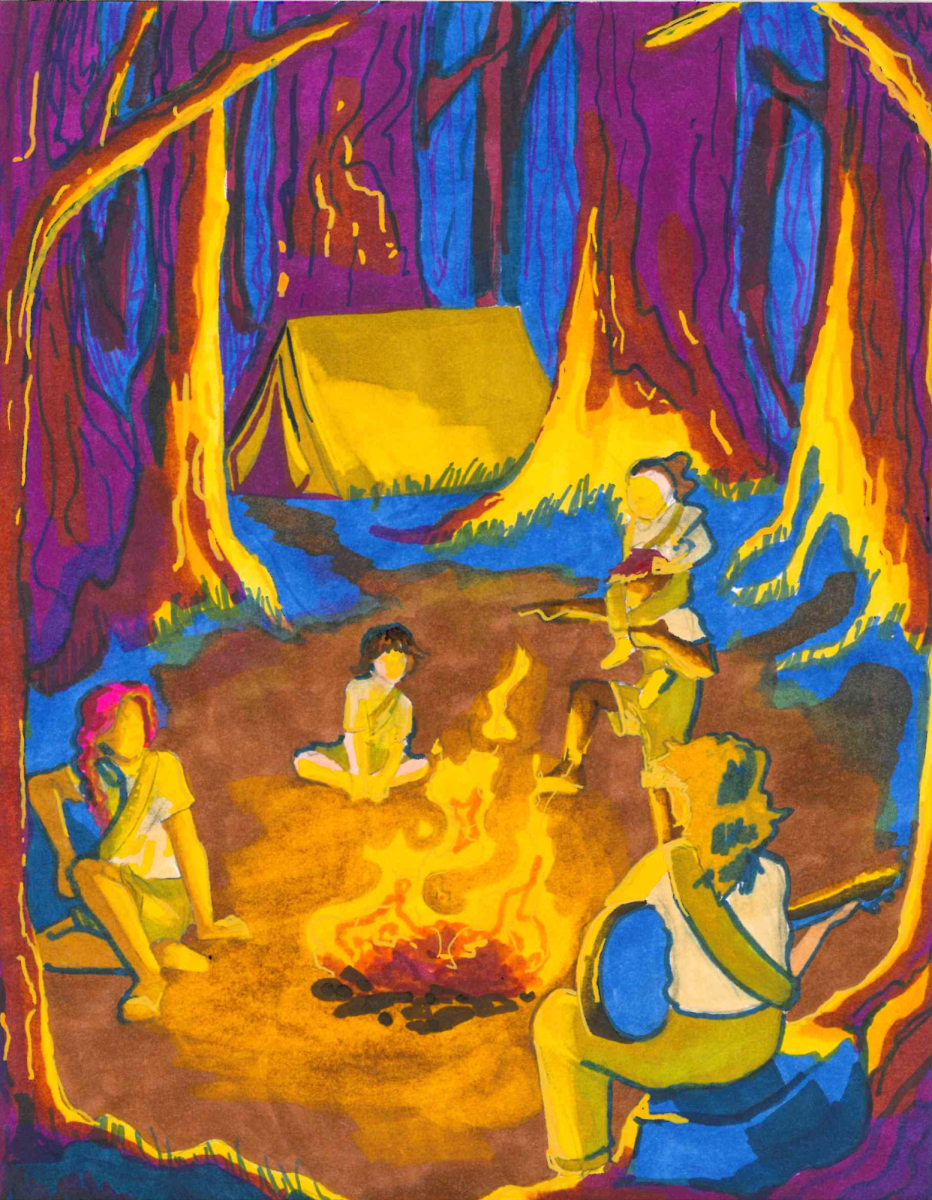As the winter season approaches, and people start to get sick more frequently, it is important to understand what we can do to play our role in keeping ourselves and those around us healthy.
We often associate getting sick and the winter season together, but why?
According to John Hopkins concierge physician Michael Charles Albert, people get sick more often when they are cooped up inside due to winter weather.
“Colds, flus and other respiratory illnesses are often more common in colder months. People are indoors more often, allowing viruses to pass more easily from one person to another,” Albert said.
Vaccines are an effective way to combat the spread of illnesses, especially during the winter seasons.
According to the World Health Organization (WHO), vaccines are worthwhile because they have the power to familiarize people with a sickness in order to prevent the spread.
“Vaccines contain weakened or inactive parts of a particular organism (antigen) that triggers an immune response within the body. Newer vaccines contain the blueprint for producing antigens rather than the antigen itself,” the WHO said.
It also is important to note that while vaccines use antigens, they are not able to cause full illness to those who received the vaccination.
“This weakened version will not cause the disease in the person receiving the vaccine, but it will prompt their immune system to respond much as it would have on its first reaction to the actual pathogen,” WHO said.
According to the Centers for Disease Control (CDC), “vaccine safety is a high priority.”
“Experts carefully review safety data before recommending any vaccine, then continually monitor vaccine safety after approval,” the CDC said.
Not only is the vaccine process safe and easy, it is also the best way to help those who are not able to get the vaccine themselves.
Some people, due to age or health conditions, are unable to receive vaccinations.
According to the CDC, people who are unable to get vaccinated are best protected when those around them are.
“Some people cannot get certain vaccines because they are too young or too old or they have a weakened immune system or other serious health conditions.
Those people are less likely to catch a preventable disease when you and others around them are vaccinated against it,” the CDC said.
According to the National Foundation for Infectious Disease, getting vaccinated or not could result in a life or death situation.
“Vaccine-preventable diseases can be deadly. Prior to the COVID-19 pandemic, approximately 50,000 adults died from vaccine-preventable diseases in the U.S. each year,” a National Foundation for Infectious Disease representative said.
Voices Unheard: Getting vaccinated is a citizen’s responsibility
Vaccination poses the opportunity for citizens to play their part in society and keep themselves and others safe, especially during the winter season.
0
Tags:
More to Discover
About the Contributor
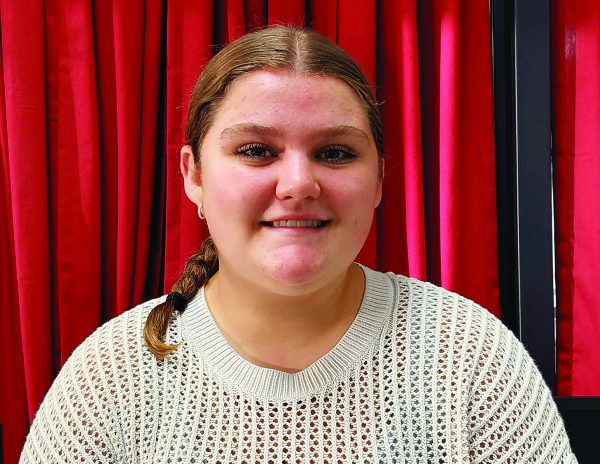
Aubrey Gehman, News Editor

